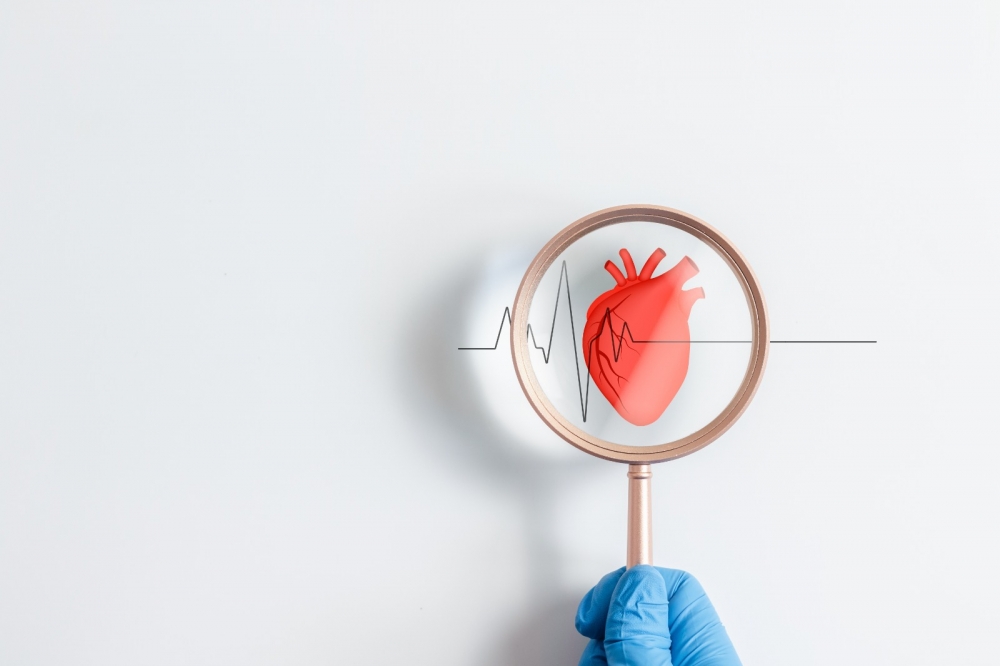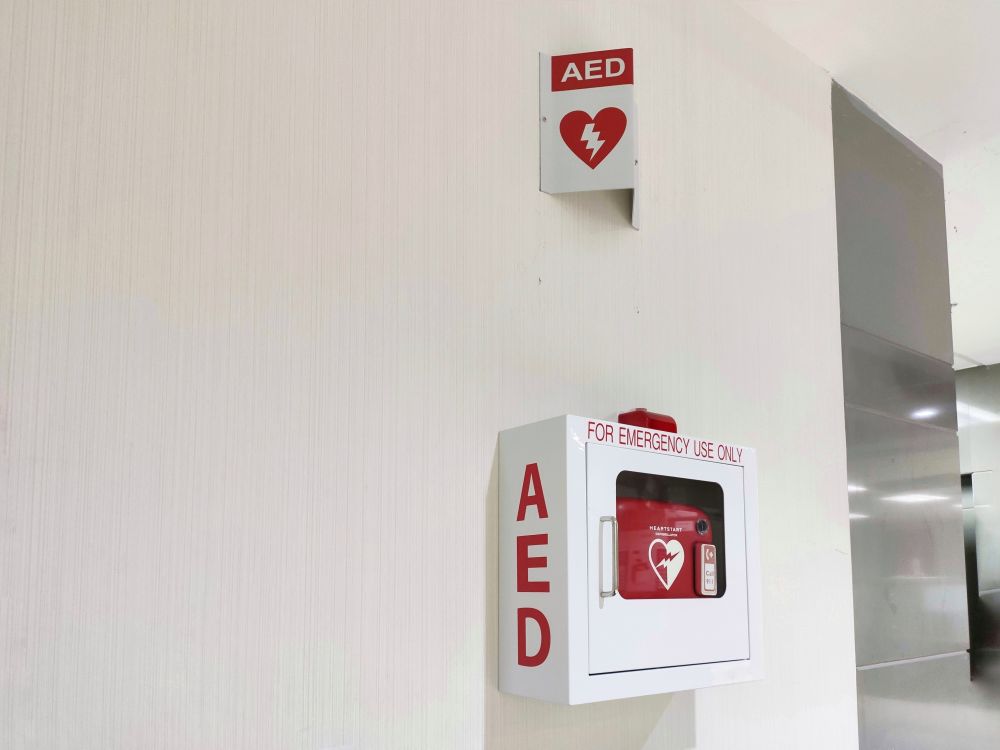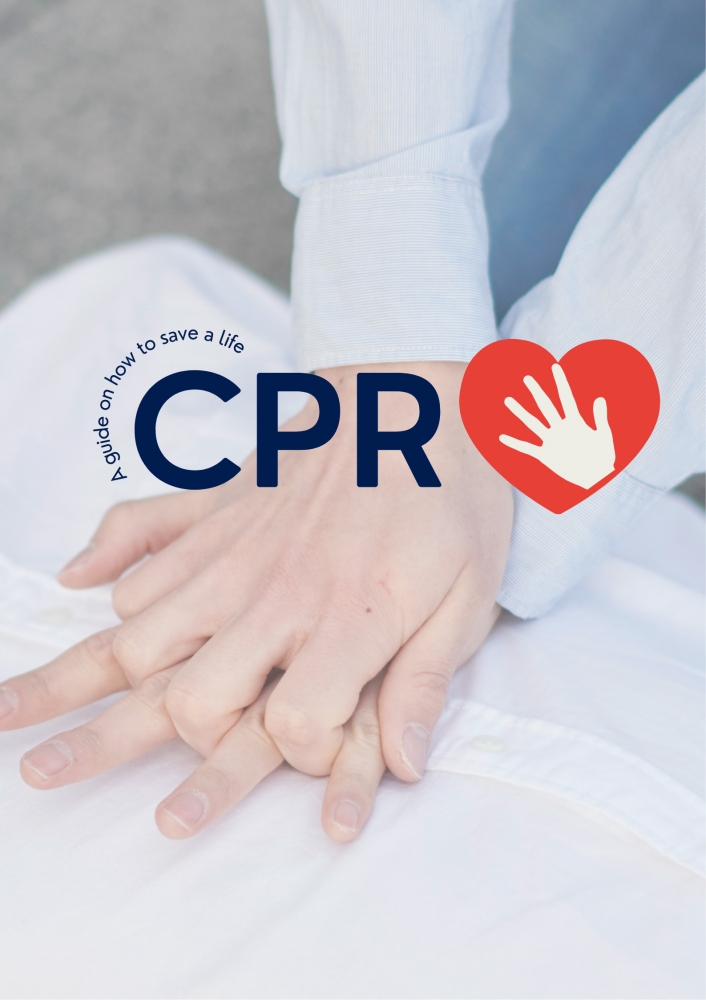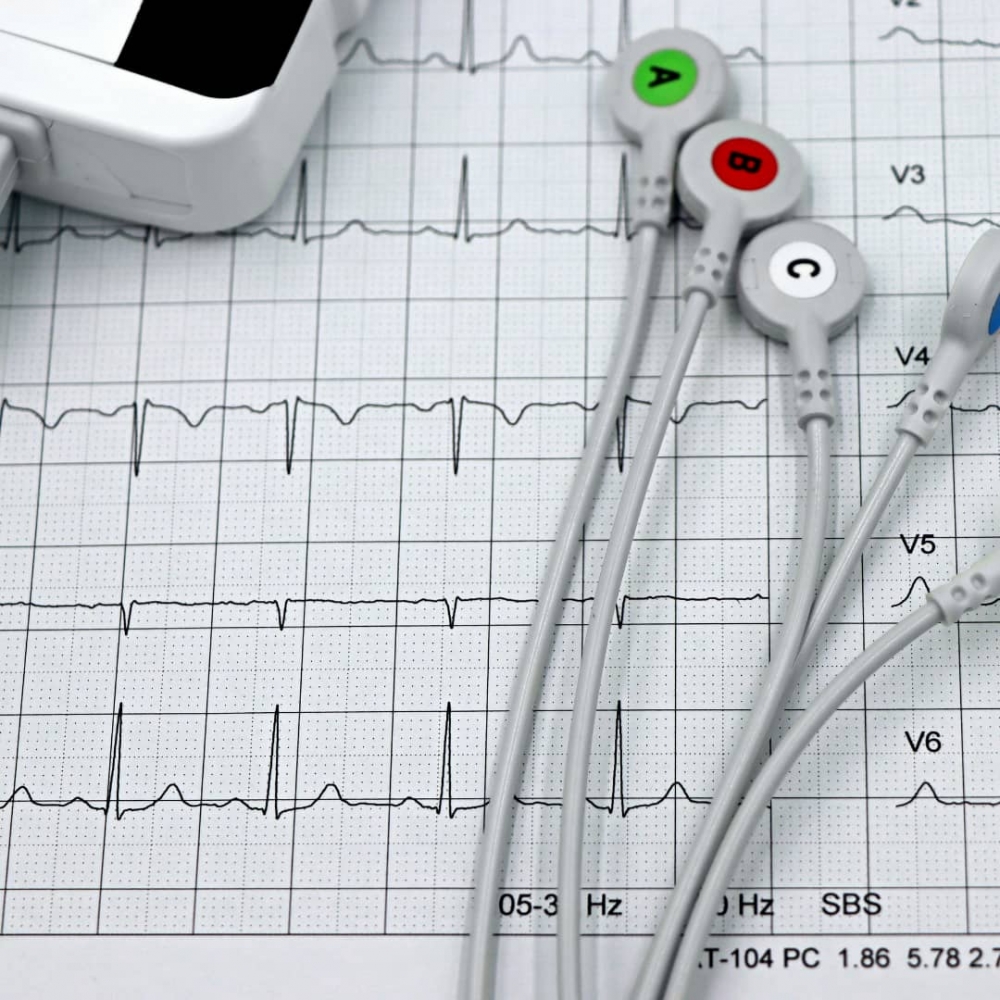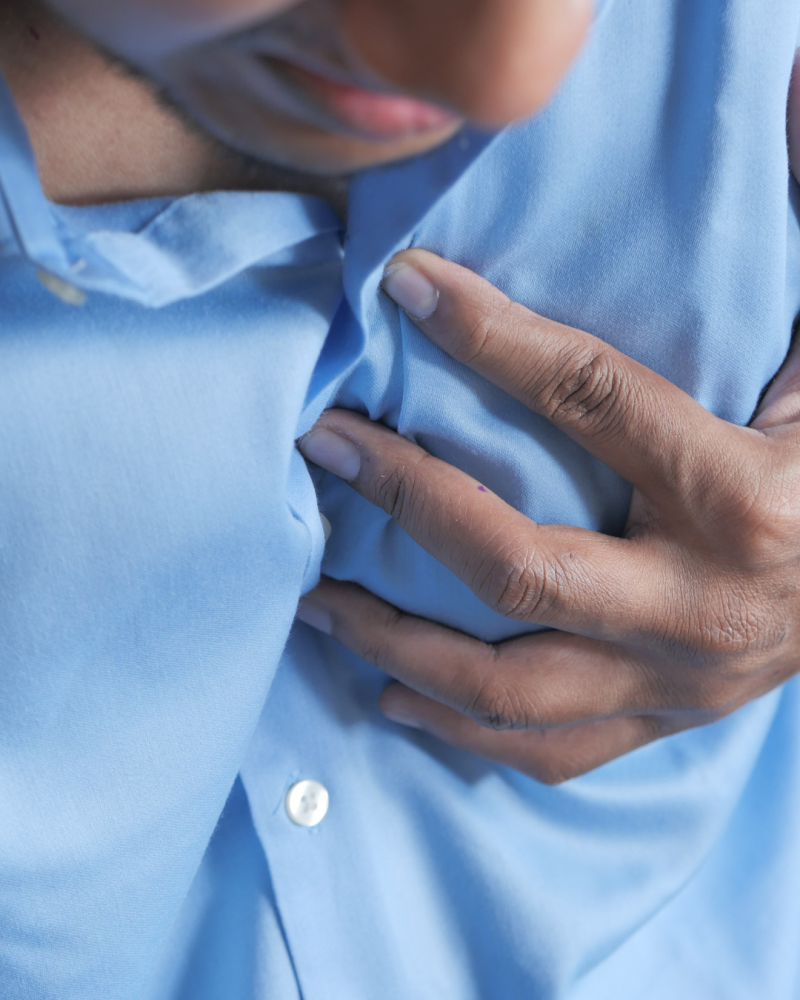Recovered Covid-19 patients at risk of developing Pneumonia

KUALA LUMPUR: Covid-19 patients who are in the severe or critical categories three, four and five are likely to be infected with Covid-19 pneumonia.
According to Consultant Respiratory Physician at Sunway Medical Centre Velocity, Dr Nurul Yaqeen Mohd Esa, Covid-19 pneumonia emerged as patients reached category 3 as x-rays revealed white patches over their lungs.
"These cases are common among Covid-19 patients under categories three, four and five. Categories one and two are those who no longer develop pneumonia symptoms.
"For categories 1 and 2 patients, the SARS-CoV-2 virus only infects the nose, throat and the upper respiratory tract. For patients in category 3 and above, the Covid-19 infection would have spread to the lungs, resulting in white patches and lung infections or pneumonia," she told Bernama recently.
ORGANISING PNEUMONIA
Covid-19 patients who have recovered from the virus, are also susceptible to another illness known as Organising Pneumonia.
Dr Nurul Yaqeen said Organising Pneumonia occurs when the lungs of patients are scarred after recovering from Covid-19.
"Organising Pneumonia refers to the presence of lung inflammation and scarring. For example, visible scars remain on the skin after a wound or injury has healed. In this case, scars in the lungs are what we call Organising Pneumonia," she explained.
Dr Nurul Yaqeen said that despite recovering from the infection, patients in categories 3, 4 and five, are forced to seek further treatment ddue to the inflammation to their lungs,
"The inflammation is also known as lung injury. Usually, when a patient recovers, the inflammation or injury will also heal. However, scars will remain after recovery.
"For Covid-19 patients who have recovered, there is a possibility that the scarring in their lungs is still there, causing them to develop symptoms such as breathing difficulties and prolonged cough," she said, noting that based on her experience, most of them are Covid-19 patients who have been discharged from hospital.
Organising Pneumonia, she said, could also affect other patients who are not infected with Covid-19, but former Covid-19 patients are at risk of developing Organising Pneumonia.
Besides Covid-19 infections, lung scarring also occurs as individuals or patients are exposed to particles and dust over a long period or fungal infection, also sometimes known as lung fibrosis.
VACCINES TO PREVENT PNEUMONIA
According to Dr Nurul Yaqeen, before the onset of the Covid-19 pandemic, she encouraged high risk patients to take influenza and pneumococal vaccines as most pneumonia cases are due to pneumococal bacteria and influenza virus.
"We would recommend and advise patients who have the potential risks of being infected with pneumonia, to take influenza and pneumococal vaccines. For influenza vaccine, we recommend that patients who are at risk of being infected with pneumonia, to take the vaccine yearly as the influenza virus can mutate quickly. The virus can change their genetic structure each year; and as the genetic structure changes, the patient has to take the influenza vaccine every year," she added.
For pneumococal vaccine, Dr Nurul Yaqeen said individuals are advised to take two types of pneumococal vaccine.
"Firstly, the pneumococal vaccine is prescribed only once in a lifetime, irrespective of age. However, the vaccine is strongly recommended for high-risk patients such as those with diabetes, heart problems, senior citizens aged 65 and above and asthmatic patients.
"Secondly, the pneumococal vaccine is prescribed once in five years. As such, we advise patients to take three vaccines to prevent pneumonia. However, a fourth vaccine has been added to the list, that is the Covid-19 vaccine, which is a must," she said.

BOOSTING IMMUNE SYSTEM
Meanwhile, Malaysian Muslim Doctors Organisation (PERDIM)'s committee member Dr Zubaidi Ahmad said due attention should be given to the virus infection as it is intermittent in nature.
"It emerges every year, such as the influenza virus infection which usually occurs during winter in Europe and North America. It sometimes spreads to the tropical nations via air travel.
"As such, it is difficult to contain the spread of the virus. What we can do is to boost our immune system through good nutrition practices, drink plenty of water daily to avoid dehydration as well as have enough rest and sleep.
"Besides that, physical activity and exercise can have immediate and long-term health benefits. At the same time, control your present illness, stay away from liquor and cigarettes and manage stress," he said.
On pneumonia, he said, the illness should not be taken lightly, citing the Statistics on Causes of Death, Malaysia 2019 Report released on Oct 30, 2019, which showed that pneumonia remained the second highest cause of death in the country at 11.8 per cent with a total of 13,851 cases.
According to a 2019 report released by the Department of Statistics Malaysia (DOSM), pneumonia remained as the principal cause of death for females at 12.8 per cent compared to malignant neoplasm of breast (4.4 per cent).
DEPENDS ON THE IMMUNE SYSTEM
Pneumonia symptoms, whether mild or severe, are dependent on an individual's immune system. People who have a weakened immune system are at a higher risk of developing pneumonia and experiencing complications.
"Among the high-risk groups with acute pneumonia symptoms are senior citizens aged 60 and above, children 5 years and below, pregnant women, patients with chronic illnesses such diabetes and cancer, obese individuals and patients who undergo steroid treatment, radiotherapy or chemotherapy," he said.
According to Dr Zubaidi, patients would generally cough up phlegm, experience high fever, breathing difficulties and fatigue due to lack of oxygen.
"Among the Malays, pneumonia is also known as 'paru-paru berair' as the lungs are filled with air sacs which are known as alveoli.
"When one or both lungs are infected, the phlegm changes from a clear to yellow liquid. As a result, the alveoli will be filled with liquid or pus, causing the patient to have breathing difficulties," he said.
Pneumonia is a form of acute respiratory infection that affects the lungs, is among the leading causes of death in Malaysia.
It can be triggered by bacteria, viruses, fungi or toxic substances including gases and small particles such as dust. Pneumonia causes inflammation in the lung's air sacs (alveoli) that make it difficult to breathe.
World Pneumonia Day is observed annually on Nov 12 to raise awareness on the life-threatening disease, as nations across the globe grapple with the prolonged Covid-19 pandemic. - BERNAMA
返回Suggest to Read
